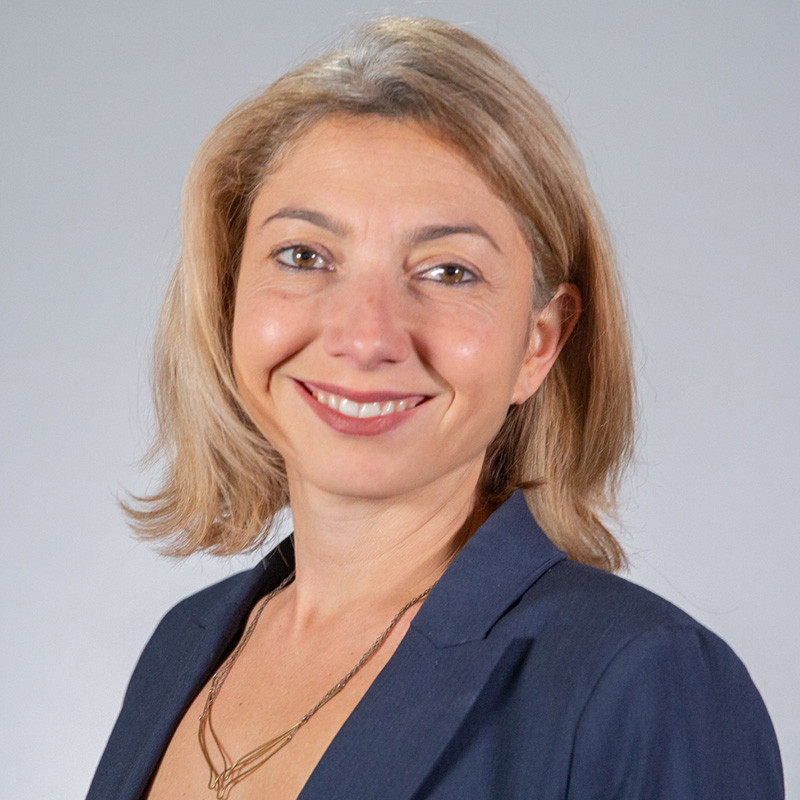The Power of Everyday Music:
Insights from Cognitive Neuroscientist Dr. Assal Habibi

Associate Professor of Psychology and the Director of the Center for Music, Brain, and Society at USC
As part of The Help Group’s 29th Annual Summit on Neurodivergence & Well-Being, Dr. Assal Habibi shares how musical engagement—from drumming circles to daily routines—can foster attention, emotion regulation, and connection for children and families.
What inspired you to focus on this topic or area of work?
I grew up playing piano, and music shaped my life in many ways: it gave me space for emotional expression, a community of friends with shared interests, and it taught discipline and the value of deliberate practice. As I trained as a cognitive neuroscientist, I recognized how my musical background supported my research mindset, including attending to detail, and working through problems step by step. I wanted to understand why music is so powerful, how musical engagement changes attention, emotion, and social functioning, what the underlying neural mechanisms are, and how those insights can be translated into practical support for children’s learning, well-being, and clinical care.
What’s one insight or strategy you’re excited to share at the Summit?
We often think of music training as formal conservatory-style lessons, but meaningful engagement with music is part of being human and should not be limited to structured classes. Joyful musical interactions at home and with family, whether a quick drumming circle or singing together, can help regulate attention and reduce stress. I will share ways to engage with music across settings, from formal instruction to everyday musical and movement activities that can be incorporated into daily routines.
Why is this topic important now?
Music and arts education are unfortunately facing scrutiny and budget constraints that often target these programs first. I believe we need evidence-based, scalable tools that support emotion regulation, social connection, and joyful learning without adding burden. From my perspective, music fits this need: it is accessible, culturally adaptable, and engaging, and a growing body of science supports its role in building these capacities. Protecting and integrating music experiences into our educational curricula can deliver practical benefits in classrooms and beyond, even when resources are limited.
What do you hope participants will take away from your session?
I hope participants leave with a renewed appreciation for engaging with music and the arts at many levels, from simple daily activities to structured programs, and with a realistic understanding of what music can and cannot do for attention, cognitive function, emotion regulation, and social connection. They will gain a concise set of developmentally aligned practices, along with practical guidance for integrating music into routines and curricula. Above all, I want them to value each child’s musical ability and foster creativity rather than perfection.
I look forward to connecting with clinicians, educators, and families at The Help Group Summit — join us in person or online on November 14!
